The Turkish-Israeli relationship officially ended Wednesday as President Recep Tayyip Erdoğan severed all ties with Israel, terminating decades of diplomatic engagement between the two regional powers. The rupture stems from mounting civilian casualties in Gaza, where deaths have surpassed 43,000 since Israel's military response to the October Hamas attack. Erdoğan's announcement leaves no room for diplomatic reconciliation - he vowed Turkey would not restore relations with Israel during his tenure. The move sends shockwaves through a region already grappling with the humanitarian crisis in Gaza, while international human rights groups echo Turkey's characterization of Israel's actions as genocidal.
The Breaking Point
Tensions between the two nations had been on a consistent rise since Israel's military campaign began after October 7th, and political pressure provided even more reason to take action. Local elections turned the Gaza conflict into a massive issue, with opposition groups slamming the AKP's perceived tepid response to the crisis.
Turkey had already recalled its ambassador last year. Israel evacuated its embassy in Ankara, citing security worries.
The staggering death toll in Gaza is what ultimately drove Turkey's decision. Rights groups worldwide share Turkey's grave concerns about Israeli military operations in the region causing large amounts of civilian casualties. Each report of international law violations reinforced domestic pressures for Turkey to act. Erdoğan's response leaves no chance for reconciliation - relations will stay frozen as long as he holds power.
Consistent Pressure
The diplomatic break has not been Turkey's only response to the humanitarian crisis. At the UN, Turkish diplomats have been spearheading an initiative demanding an arms embargo against Israel. The campaign has momentum; 52 countries and two international organizations already back the push to isolate Israel diplomatically.
The legal front opened earlier this year when Turkey launched a genocide case against Israel at the International Court of Justice. This two-track strategy pairs political pressure with legal pressure. Turkey's role in delivering humanitarian aid to Gaza adds authority to its campaign.
Erdoğan has long advocated for Gaza's civilian population. His government pushes relentlessly for a ceasefire while coordinating aid deliveries. This humanitarian bridge contrasts sharply with the burned diplomatic ones. Turkey positions itself as Gaza's defender on the world stage through both practical assistance and political positioning.
Global Complications
Turkey's break with Israel reshapes regional dynamics. As a NATO member and rising power, Turkey's dramatic step forces other nations to reconsider their own positions. Erdoğan watches how global powers like Russia and China respond to Middle East developments. His push for broader international isolation of Israel until military operations cease challenges traditional alignments.
The severance will have deep impacts. Trade ties, strategic cooperation and diplomacy in both nations will have large adjustments to make. The rupture touches every aspect of a relationship that helped anchor regional stability. Turkey's size and strategic position make this diplomatic transition impossible to ignore.
Other nations will now navigate the aftershocks. Turkey's military strength and diplomatic weight mean this isn't just another spat between regional rivals. The break forces a broader protest to Israel's Gaza campaign and tests long-standing partnerships.
Turkey's comprehensive break with Israel, backed by humanitarian aid and international advocacy, signals a fundamental shift in regional politics. The relationship now lies in ruins with no prospect of repair under Erdoğan. It will now be seen if Turkey's dramatic step will change other countries' approaches to the broader Middle Eastern situation.



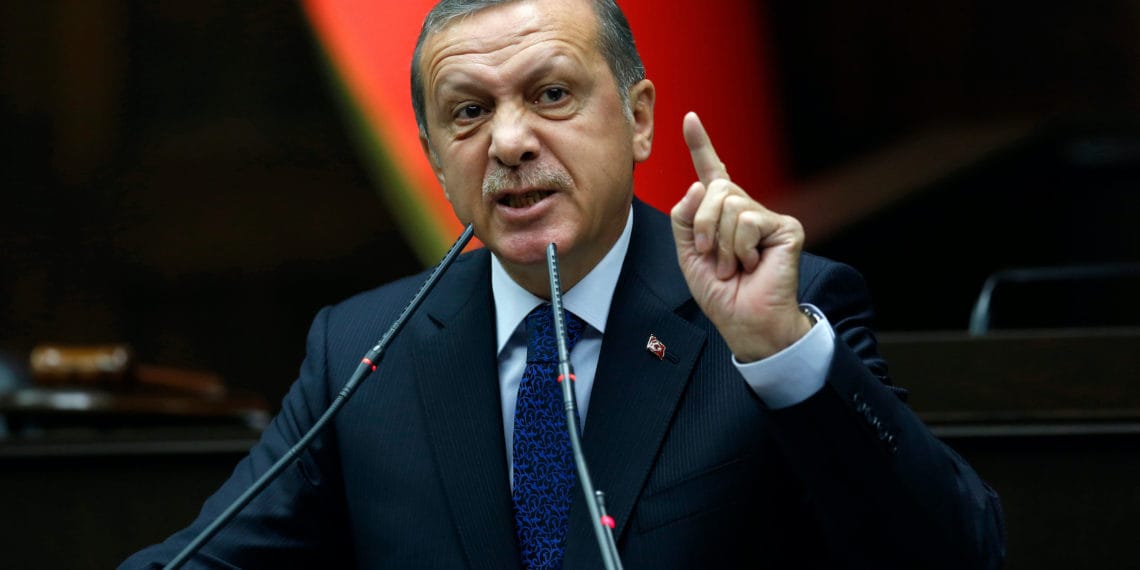
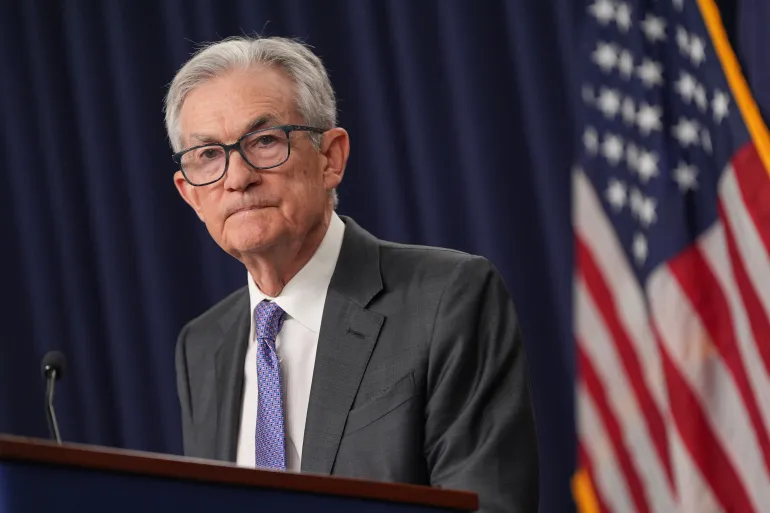

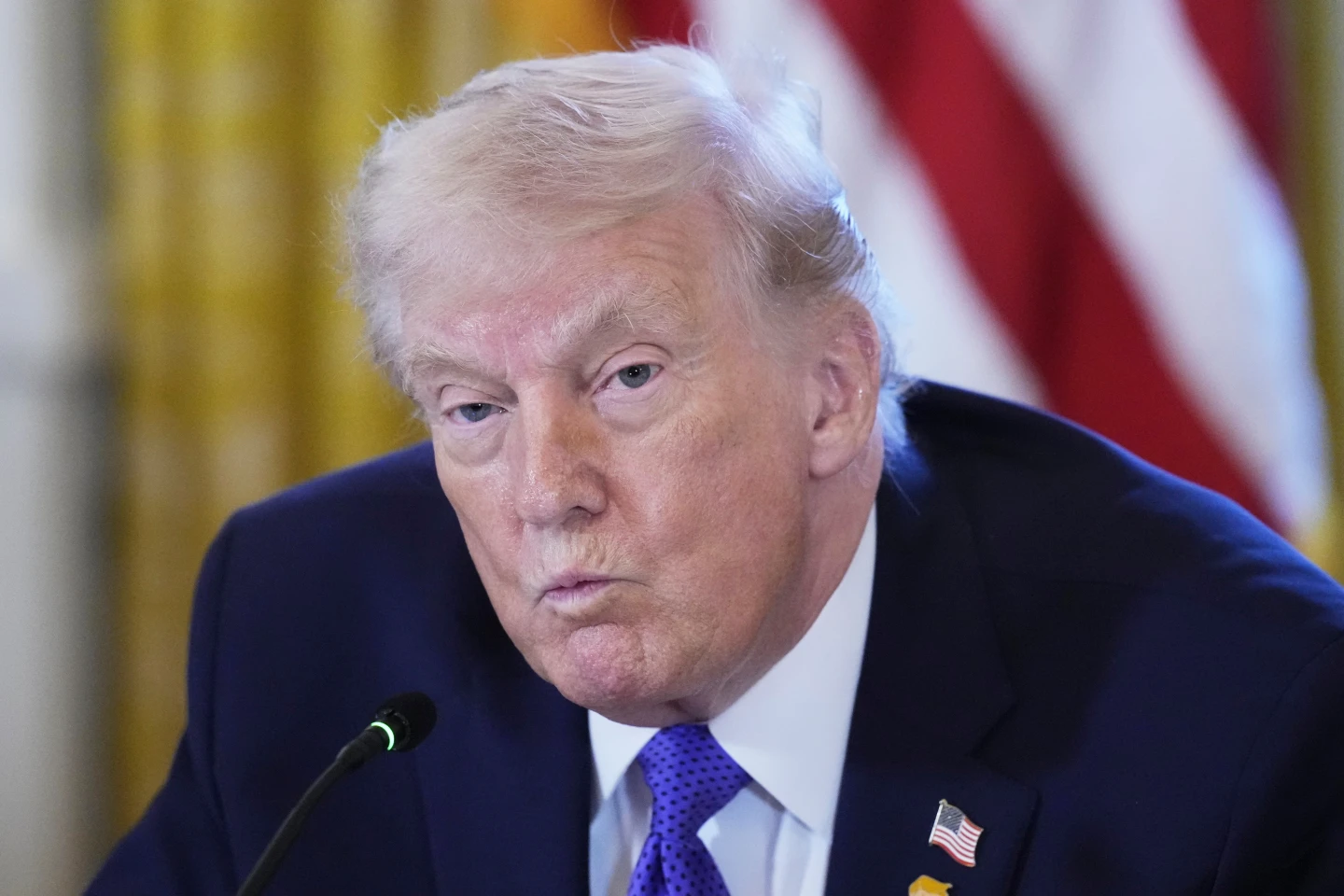
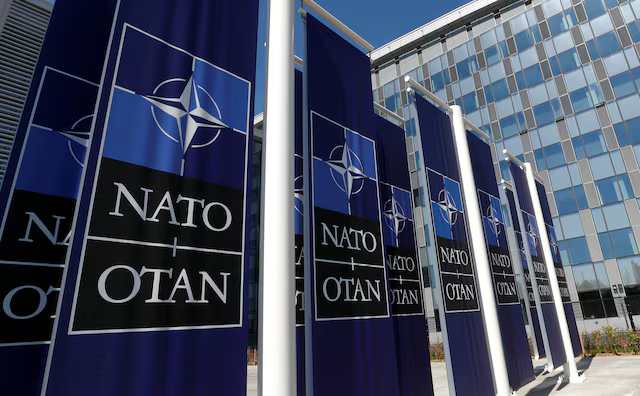
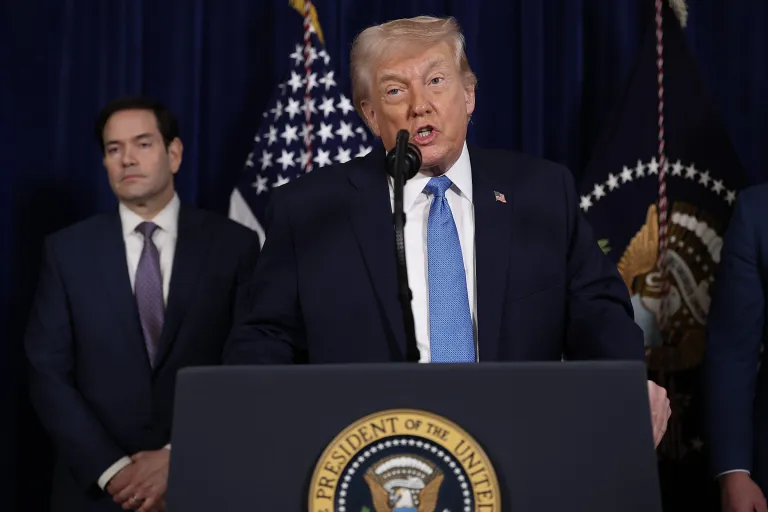
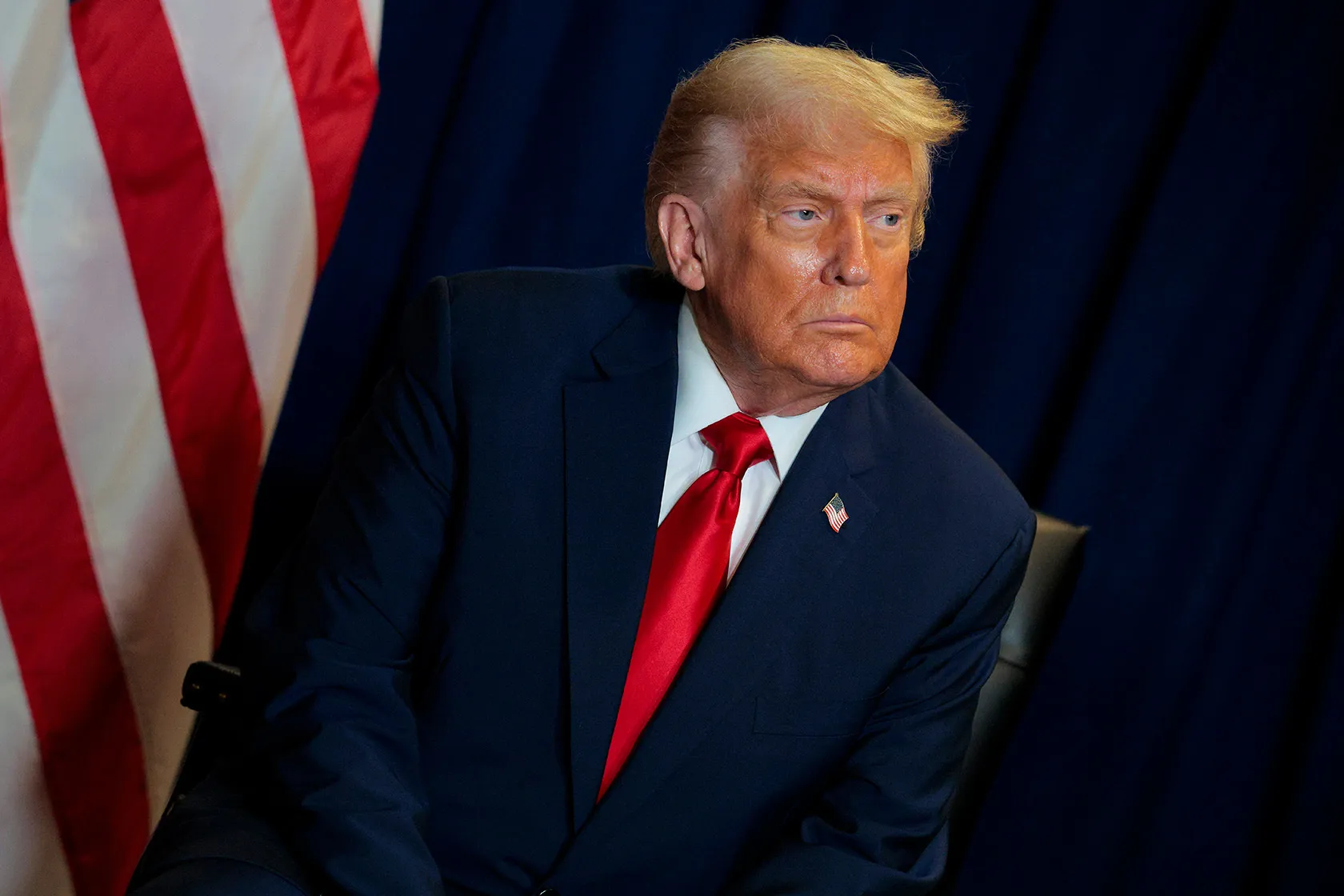
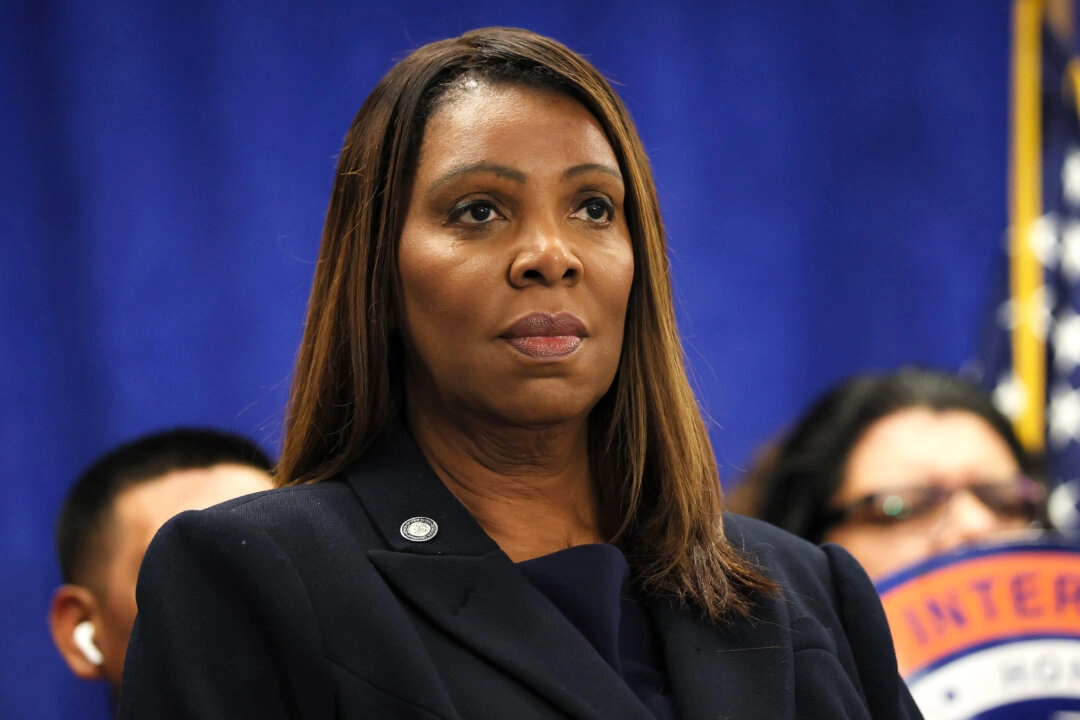
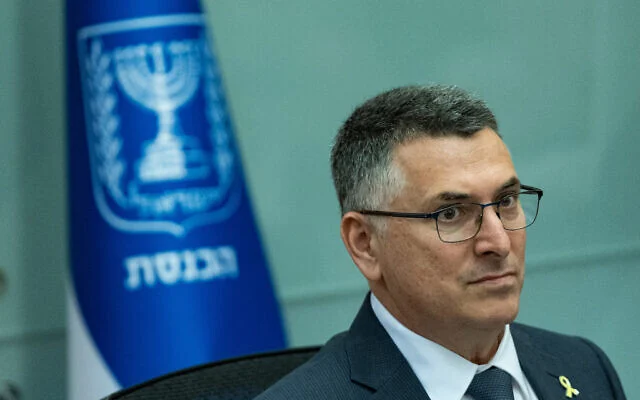
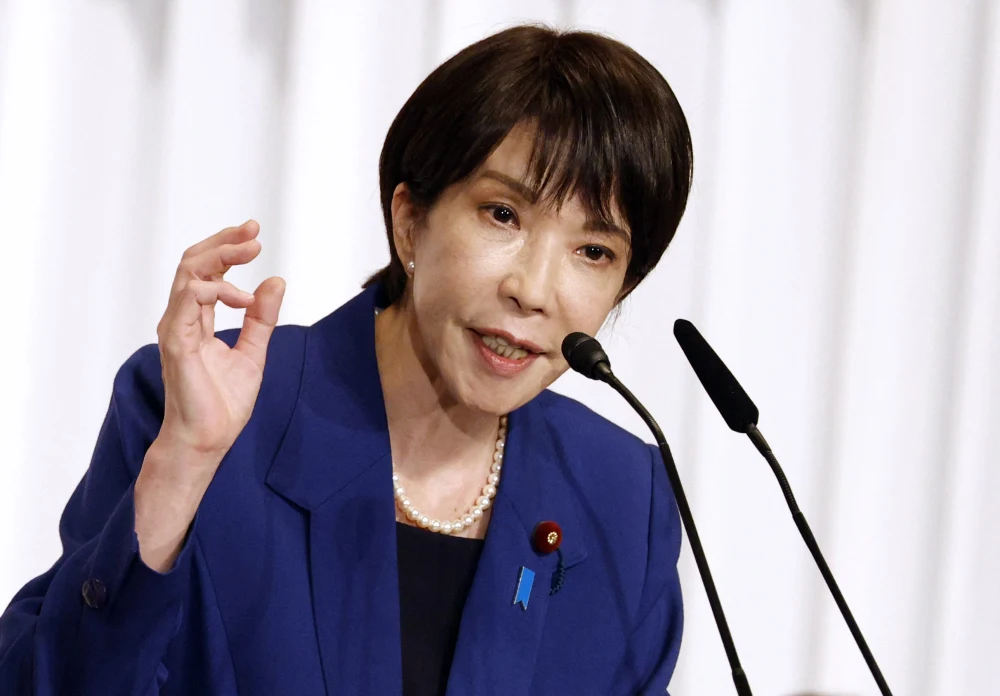
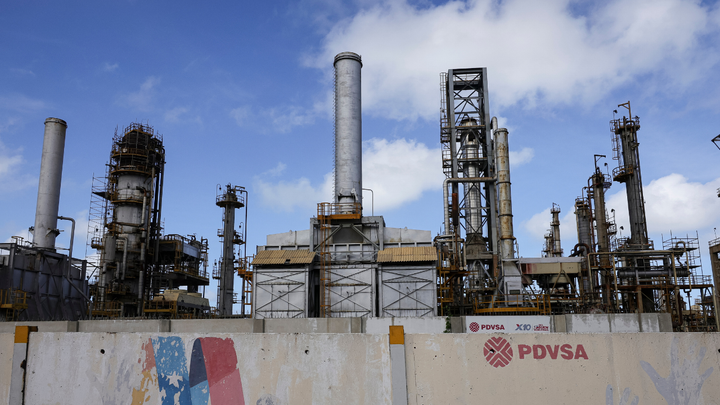
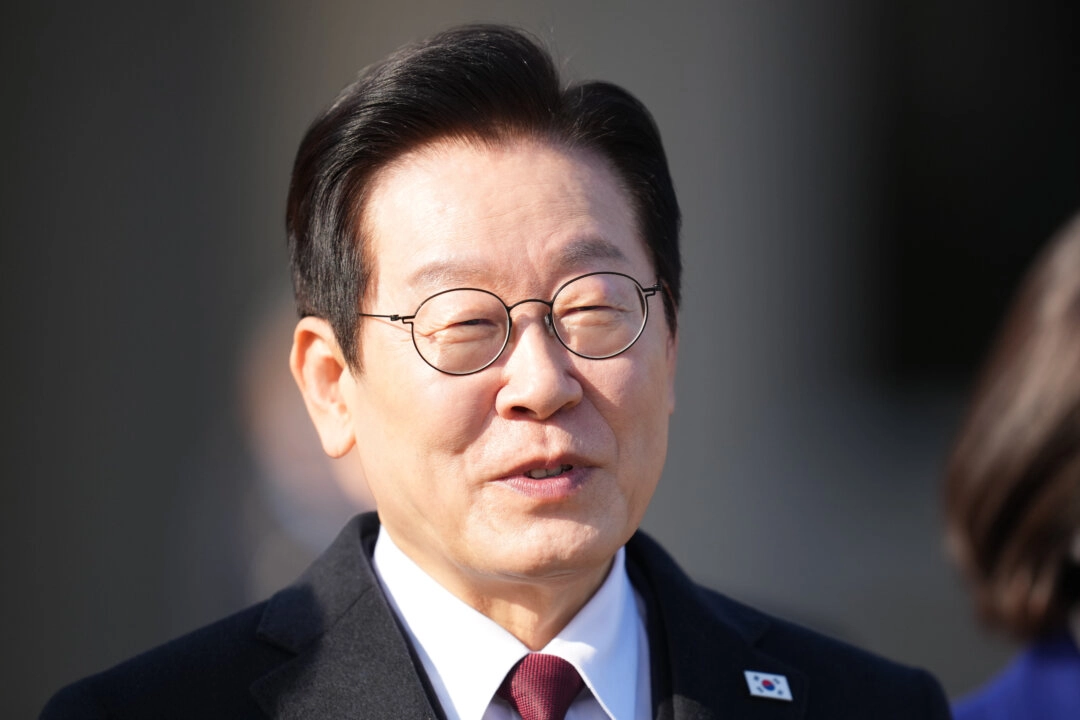
Discussion